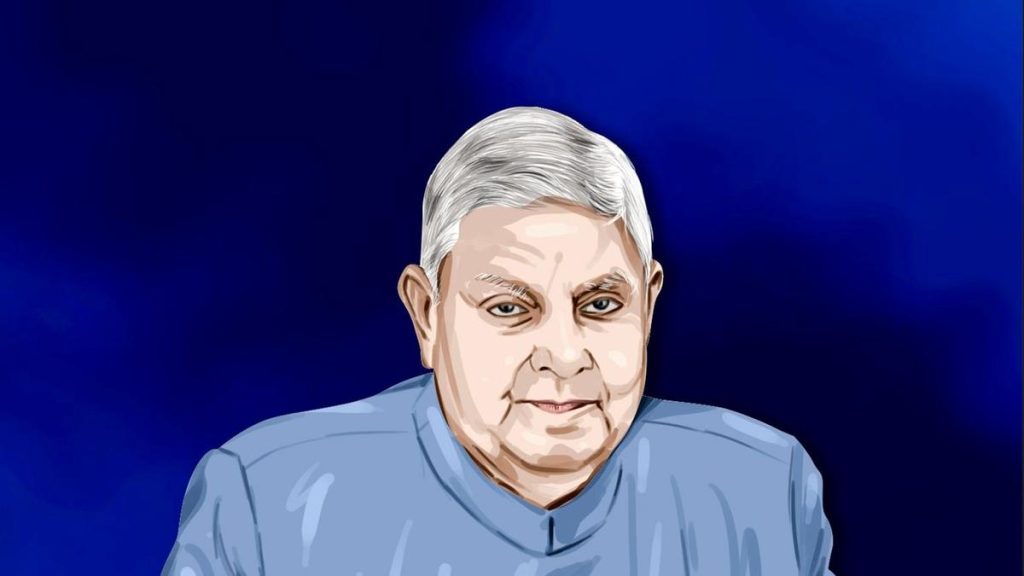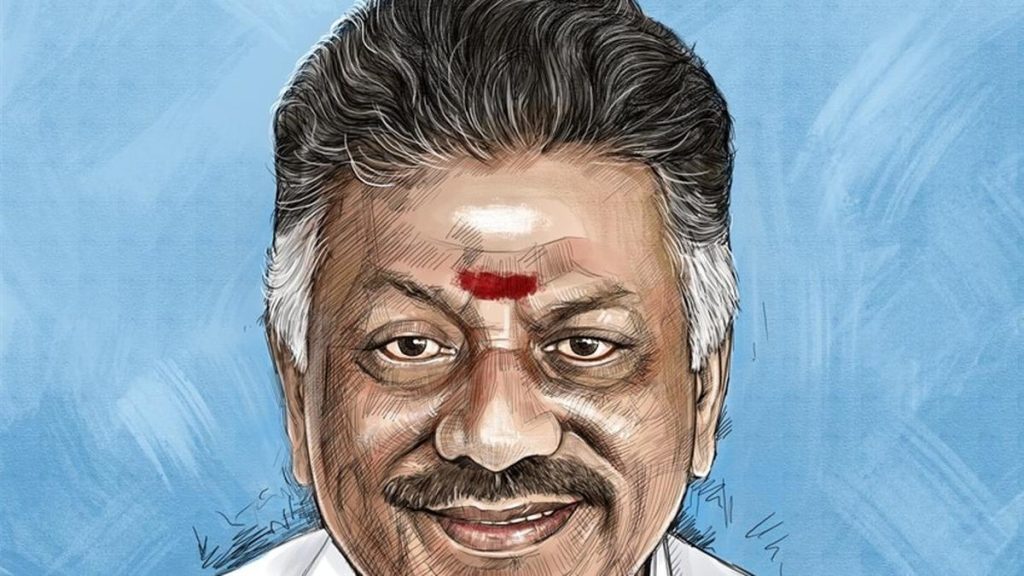Now Reading: Supreme Court Strikes Down Anticipatory Bail Tied to Resumption of Conjugal Life
-
01
Supreme Court Strikes Down Anticipatory Bail Tied to Resumption of Conjugal Life
Supreme Court Strikes Down Anticipatory Bail Tied to Resumption of Conjugal Life
Quick Summary
- the Supreme Court has overturned a Jharkhand High Court order granting anticipatory bail to a man on the condition that he resume conjugal life with his wife adn maintain her with dignity and honor.
- The man faced charges under sections of the Indian Penal Code and Dowry Prohibition Act, 1961.
- Justices Dipankar Datta and Augustine George Masih noted that pre-arrest bail should be granted within established legal parameters, not subject to conditional terms like resuming marital relations.
- the Apex Court deemed such conditions risky as they might lead to further litigation if compliance is disputed in future proceedings.
- The Supreme Court restored the anticipatory bail petition to the Jharkhand High Court for reconsideration based solely on legal merits.
- Interim protection from arrest granted by the Supreme Court earlier will remain in place until the High Court decides on the application.
Indian Opinion Analysis
This ruling by the Supreme Court underscores principles of judicial propriety in granting anticipatory bail by ensuring conditions imposed comply strictly with statutory provisions laid out under section 438(2) of CrPC. By striking down extrajudicial requirements such as resuming conjugal life, which could exacerbate interpersonal disputes between spouses, the judgment reinforces clarity around discretionary powers in criminal law.
The potential implications for India are important: this decision serves as a precedent against blending personal matters into adjudications about criminal proceedings. It provides guidance for lower courts regarding adherence to procedural norms while alleviating risks of prolonged litigation stemming from contentious conditionalities. At its core, this highlights an evolving approach toward balancing human rights concerns while maintaining systemic fairness.
Read more: Link
























